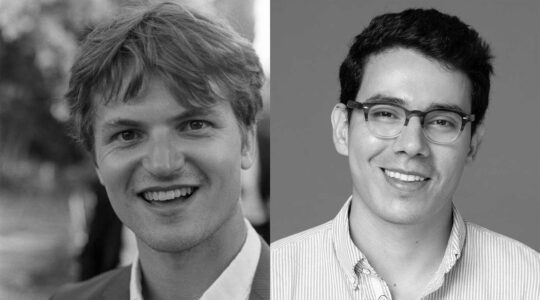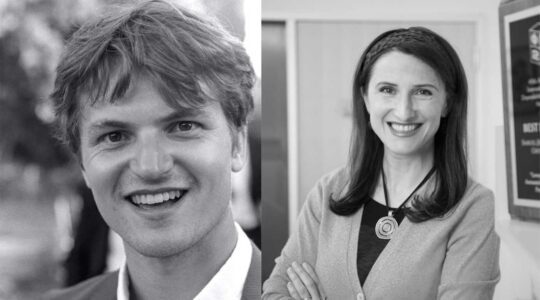Max von Hippel
PhD Student

Education
- BS in Mathematics, University of Arizona
Biography
I am a Ph.D. student under the advisement of Dr. Cristina Nita-Rotaru at the Northeastern University Khoury College of Computer Sciences. Previously, I completed a BS in pure mathematics at the University of Arizona (Honors College), and an international IB diploma at UWCCR. I am also an NSF Graduate Research Fellow and a Davis Scholar. I love algebra, computation, and security. I research applications of formal methods to systems and network security problems.
What are the specifics of your graduate education (thus far)?
I am researching applications of formal methods to cybersecurity, including synthesis. I am interested in rapid, automated techniques for disproving security properties of systems.
What are your research interests in a bit more detail? Is your current academic/research path what you always had in mind for yourself, or has it evolved somewhat? If so, how/why?
I love abstract algebra, especially group rings and various kinds of ideals. Formal methods provides a playground in which these pure mathematical concepts can find actionable recourse in our everyday lives. I am especially interested in problems which are in the worst-case too difficult to compute, but in reality generally tractable. Formal methods seems to thrive in these niches, providing the logical tool-set with which many problems turn out to be surprisingly solvable. In the security domain, computing counter-examples to desirable security properties of systems can directly equate to discovering vulnerabilities in those systems, which is awesome.
What’s one problem you’d like to solve with your research/work?
I would like to improve automated synthesis techniques, so that formal methods can be made more immediately useful to the software engineering and security communities.
What aspect of what you do is most interesting/fascinating to you? What aspects of your research (findings, angles, problems you’re solving) might surprise others?
I am most fascinated by the ways in which formal methods bridges the most theoretical and the most applied concepts in computer science. At once, a problem may entail theoretical concepts such as graph theory, the Chomsky Hierarchy, and varieties of formal languages, while also directly involving concrete, applied topics such as the buffer and stack of a chip, the instantaneous potential difference across a component of a circuit, or the water-level of an industrial vat (in the case of CPS). This variety of abstraction levels is thrilling and very unusual.
What are your research/career goals, going forward?
Eventually, I want to work professionally in a research laboratory addressing topics relating to the correctness of large, complicated, critical systems such as space stations.
Where did you grow up/spend the most defining years of your childhood/young adulthood?
I grew up in Anchorage, Alaska.
Where did you study for your undergraduate degree? Any reason in particular behind your choice (a program you were excited about, a city you love, a researcher you wanted to work with)?
I graduated from the University of Arizona in Tucson, Arizona. UA has a superb undergraduate mathematics program and a rich and inviting research community. As a result, I published twice as an undergrad, once as a co-author and once as first author.

